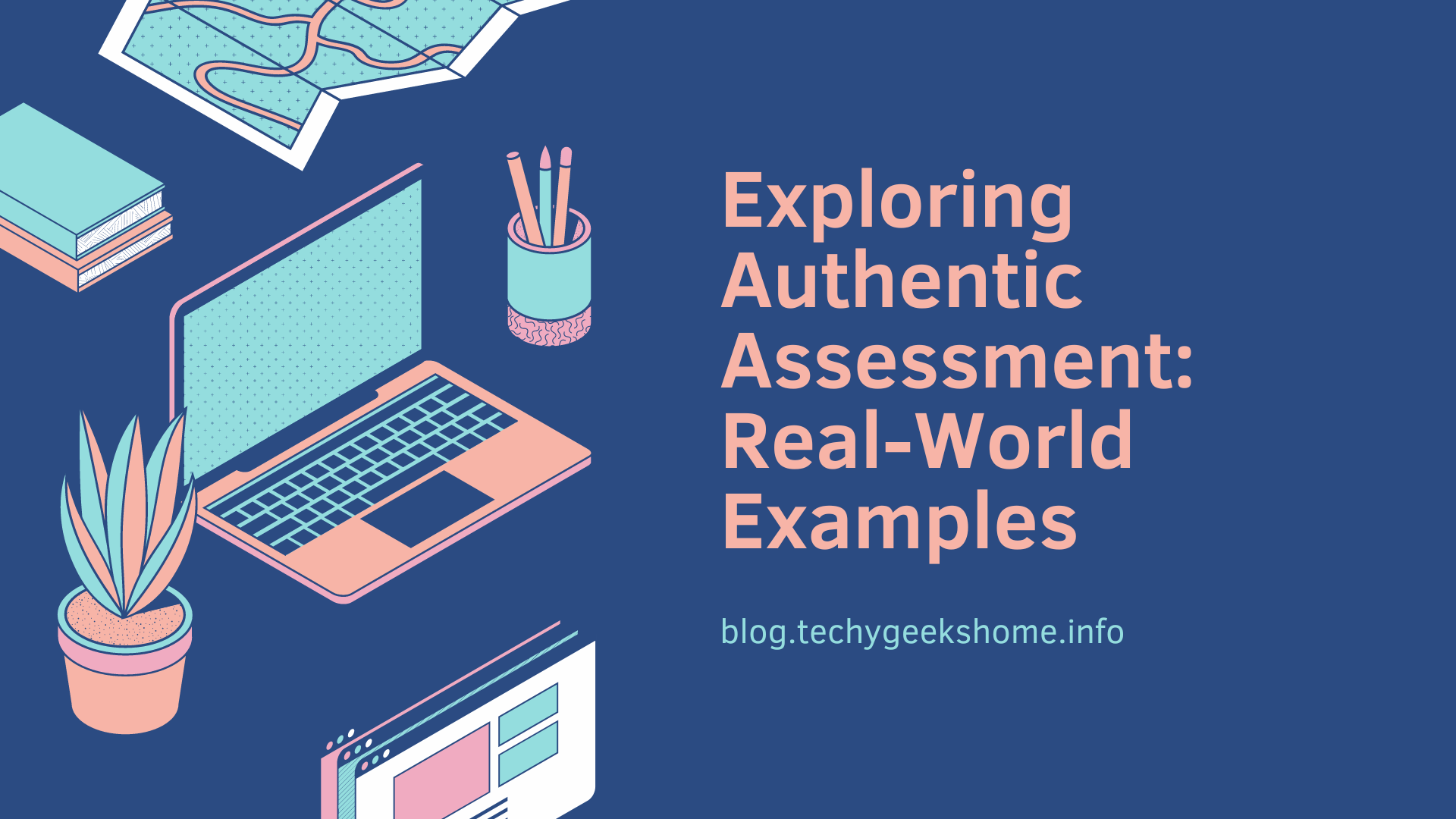Estimated reading time: 4 minutes
When it comes to assessing student learning, educators are increasingly turning to authentic assessments to measure not only what students know but also how well they can apply their knowledge and skills in real-world scenarios. Authentic assessments go beyond traditional tests and quizzes, offering a more comprehensive evaluation of a student’s capabilities. Instead of simply testing a student’s ability to memorize and regurgitate facts, these tests endeavor to truly see if an individual has understood how to apply the information on a deeper level. In this article, we’ll delve into the world of authentic assessment and provide a range of examples from various academic disciplines.
Understanding Authentic Assessment
Authentic assessment, also known as performance-based assessment, is an approach that evaluates a student’s ability to apply their learning in practical, real-world situations. Unlike conventional tests that often focus on memorization and regurgitation of facts, authentic assessments require students to demonstrate their skills, knowledge, and understanding in meaningful contexts. These assessments align with the idea that education should prepare students for success beyond the classroom, equipping them with skills they can use in their future careers and daily lives. Now that we understand a little bit better what this type of testing entails, let’s dive into some authentic assessment examples and see why educators want to incorporate these types of assessments in their teaching more and more.
Examples of Authentic Assessments
1. Nursing
In a nursing program, authentic assessment may involve providing students with a complex patient case study. Students are tasked with assessing the patient’s condition, identifying healthcare needs, and creating a comprehensive plan of care. This assessment mirrors the challenges nurses face in clinical settings, requiring critical thinking, clinical judgment, and the application of medical knowledge to make informed decisions about patient care.
2. Business
Authentic assessments in business courses often ask students to develop real-world business plans or marketing strategies. For instance, students may be required to create a business plan for an imaginary or existing company, addressing marketing, sales, and financial aspects. This task not only evaluates their understanding of business principles but also their ability to apply strategic thinking and problem-solving skills to practical scenarios.
3. Computer Science
In computer science courses, authentic assessment can take the form of coding challenges or application development projects. Students may need to troubleshoot and fix a problematic piece of code, demonstrating their programming skills and problem-solving abilities. Alternatively, they might be tasked with developing a functional website or app to address a specific problem or meet specific criteria, showcasing their ability to apply coding knowledge in real-world applications.
4. Psychology
Psychology courses can utilize authentic assessment by asking students to examine and critique a case study from multiple theoretical perspectives. This assessment encourages students to apply psychological theories to analyze and interpret real-life situations. By evaluating various theoretical frameworks, students gain a deeper understanding of how psychological concepts are applied to practical scenarios.
5. Public Affairs or Service Learning Courses
Courses in public affairs or service learning often require students to consider the real-world impact of specific challenges on community agencies. Students may be asked to assess how budget cuts, infrastructure outages, public health crises, or other factors affect local organizations. This assessment not only measures their understanding of public affairs but also encourages them to think critically about how these challenges impact society.
6. Biology/Chemistry
In science courses, authentic assessments can involve tasks such as drawing diagrams to illustrate biological or chemical processes and predicting outcomes based on different scenarios. These assessments require students to apply their scientific knowledge to practical situations, ensuring they can transfer their learning beyond the classroom.
The Benefits and Challenges of Authentic Assessment
Authentic assessments offer numerous advantages over traditional tests. They are more likely to measure higher-order thinking skills, such as critical thinking, problem-solving, and effective communication. Additionally, they engage students by connecting learning to real-life applications, making education more meaningful and motivating.
However, authentic assessments may pose challenges in terms of grading and resource requirements. Grading these assessments can be time-intensive, as they often involve evaluating complex, multifaceted tasks. To address this challenge, educators often use grading rubrics to provide clear evaluation criteria. Additionally, some authentic assessments may rely on technology, such as video recording, which requires access to appropriate tools and resources.
In a rapidly evolving educational landscape, authentic assessments play a vital role in preparing students for the demands of the real world. By integrating these assessments into the curriculum, educators empower students to apply their knowledge, develop essential skills, and thrive in their future endeavors.
In conclusion, authentic assessments offer a holistic approach to evaluating student learning, fostering a deeper understanding of subjects, and promoting practical skill development. These assessments bridge the gap between theory and practice, ensuring that education serves as a foundation for future success.
Share this content:
